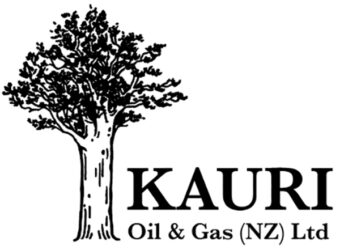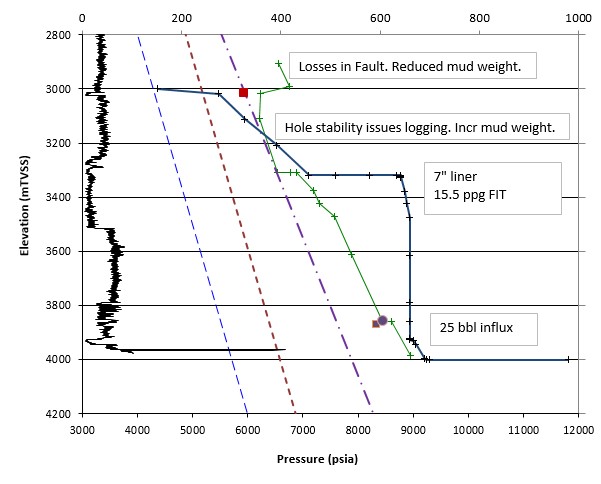Kauri Oil & gas is a small, innovative exploration company. Our core business is identifying bypassed reserves through the integration of pressure data with a deep understanding of local geology.
The Kauri and the bucket fountain represent these elements. Ancient Podocarp and Beech forests, including precursors of the Kauri, are the source of Taranaki oils and gas. During the time of Gondwana these forests extended across Antarctica, New Zealand, Australia and South America. The Kauri represents attributes we respect – strength, dignity, and mana. The Kauri was here long before humans and, unless we are particularly reckless, will be here long after humans are gone.
The bucket fountain is a Wellington icon and is an analogy for subsurface pressure regimes in Taranaki. In the same way buckets fill with water and progressively spill to larger buckets, so pressure builds in fault compartments in Taranaki until faults fail and fluids are expelled to adjacent compartments.


